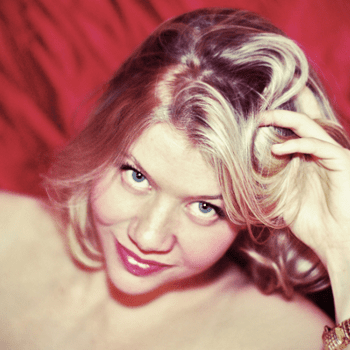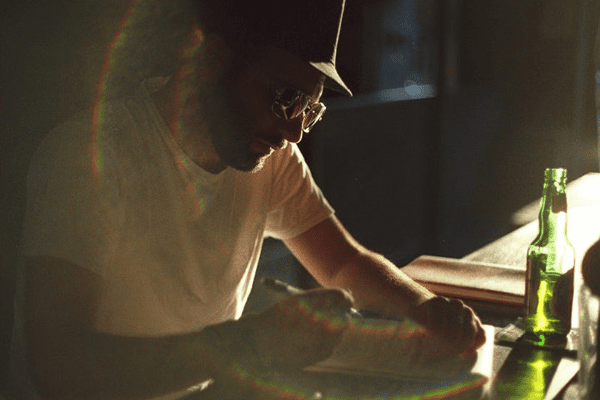
Tell us about yourself.
My name is Sandy Pool, and I am a poet and multi-disciplinary artist. Currently I divide my time between Calgary and Toronto, where I am working on my doctorate degree. My second book of poetry Undark, An Oratorio, was just released in the fall with Nightwood Editions.
When did you realize you had a passion for writing?
I think I realized pretty early that I loved writing poetry. Although I chose theatre as my major in university, I wrote poetry through much of my teenage and early adult years. I suddenly realized I was sneaking off to write poetry instead of doing my other homework! Ever since then, poetry has been a huge part of my life.
What pieces of writing/authors have had the greatest impact on you?
I think Canadian poetry has had a huge impact on me as a young writer. I spent a great deal of time learning the history of Canadian poetry, and it has certainly changed the way I write. I like seeing how poetry developed as a form, and I like to incorporate different styles and traditions in my work. I would recommend to any young poet that they read as widely as they possibly can within the genre they are writing in.
How and when do you find time to write?
I usually try to set aside a few hours a day where I can ‘write.’ Sometimes I don’t get a single thing on the page in that time. I think people often forget that taking a walk, or reading, or even just relaxing can also be part of the writing process. I try not to get too stressed about finding time to write. I just curl up with a warm drink and see what happens!
What has been some of the biggest challenges you’ve faced as a writer?
I think my biggest challenge has been believing that I have a story to tell. Coming from a small Ontario town, I often felt discouraged. Not only were other poets few and far between, but I also felt that no one would ever want to read what I wrote. When I talk to young writers today, I am excited to see that they feel more hopeful, and I think this is because there is so much great literature coming out of Canada. I really hope that young writers don’t allow anyone to discourage their dreams of writing. I hope they know that they do have a story to tell—and it’s an important part of Canada’s literary conversation.
How have you changed as a writer over the years?
I think I’ve changed a great deal over the years. The more I learn about writing, the more I realize that I know very little indeed. In fact, I think my work has been coming from this place of insecurity lately—and, I think, it’s an exciting place to work from. Embracing this insecurity has given me a new angle into my own work. I used to worry a lot about “saying something important,” but now I’m more focused on what I can learn. For me, this focus on learning has been a very valuable artistic tool. There’s always so much more to know!!




